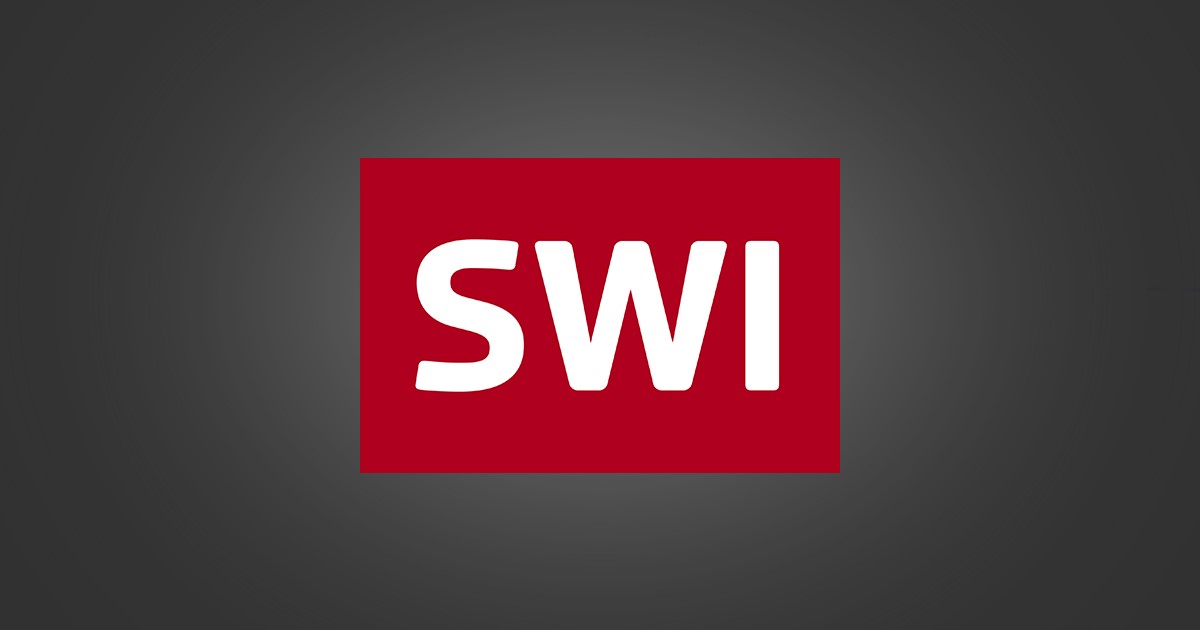Gemma Casadeval
Berlin, December 7 (EFE).- On December 8, 2021, Angela Merkel said goodbye to power after 16 years at the helm of the European power; The seemingly harmonious substitution of that time was followed by a year in which Germany exposed some inherited weaknesses, which contrast with the theoretical soundness of the past.
Social Democrat Olaf Scholz, vice-chancellor and finance minister in conservative Merkel’s last grand coalition, took office that day in what appeared to be an ongoing ascendancy between two moderate leaders of rival political families.
Scholz had won the elections two and a half months ago, had managed to put together without major problems an unprecedented tripartite at federal level – between Social Democrats, Greens and Liberals – and his replacement adhered to the logic of alternating power.
Before leaving office, Merkel had one last telephone conversation with the leaders of the United States, France, the United Kingdom and Italy: Joe Biden, Emmanuel Macron, Boris Johnson and Mario Draghi.
Western allies have once again expressed their concern about Russian moves with Ukraine, the spokesman for the still-chancellor informed. Washington had been warning about President Vladimir Putin’s plans for weeks.
Scholz was willing to reinvigorate the so-called green transition at the hands of an ecologist Vice Chancellor and Economy Minister, Robert Habeck. The third partner, with the liberal Christian Lindner of Finance, linked this option to the impulses for the country’s industry.
AN ARMY OUT OF PHASE
The war in Ukraine derailed all these plans. Scholz maintained the tepid line towards Moscow on February 24, as Merkel had also done after the annexation of Crimea in 2014.
Three days later, in front of the Bundestag, Scholz announced a €100,000 investment package to upgrade the German army, following decades of budget cuts. And he also broke the rule of not supplying arms to Ukraine to continue expressing full support for the attacked country.
The Greens weren’t just advocating for this change. Both Habeck and his co-religionist and foreign minister, Annalena Baerbock, have complied with calls from Kiev for more support, including heavy weapons.
Both Habeck and Baerbock had warned against Putin since their days as leaders of the opposition. The head of foreign affairs had taken a determined position to print his own postage stamp and to give a critical turn to relations with Moscow and Beijing.
THE GAS LOAN
The real shock also came in those days in February, when Scholz decided to suspend the license for the just completed Nord Stream, the second of the gas pipelines born in 2005 from the alliance of interests between Putin and the social democrat Gerhard Schröder.
The first came into operation in 2011, with Merkel in power. The aggression on the Crimea did not stop the construction of the second. Both have been the key to Germany’s energy dependence.
Habeck has put his green revolution on hold and has had to concentrate on finding alternatives to Russian oil, coal and, above all, gas, including in territories forbidden to his party, such as Qatar.
The cornerstone of German solidity – cheap energy – has turned out to be a trap. The first power has asked for “solidarity” with its European partners in the face of an energy crisis precipitated by the war, but originating earlier.
The 100,000 million euros announced for Defense were followed by packages of up to 200,000 million in aid to citizens and businesses to alleviate skyrocketing energy prices.
Habeck has postponed his party’s historic aspirations – like saying goodbye to nuclear power, even if in this case only by a few months. Even the liberal Lindner was unable to embark on the path of budgetary stability.
THE LEGACY
Merkel had retired as a reference leader, but Putin’s war has also upset her balance. Now you are reproaching him for his “consensus” line towards Putin and for not having corrected energy dependence in time.
Germany’s shortcomings – in the army, in digitization or even in its railway network, the least punctual in Europe – are not attributable to the current team, but are delays accumulated by its predecessors, as Habeck recalled. EFE extension
gc/jam/ah
� EFE 2022. The redistribution and redistribution of all or part of the contents of the Efe services is expressly prohibited, without the prior and express consent of Agencia EFE SA

